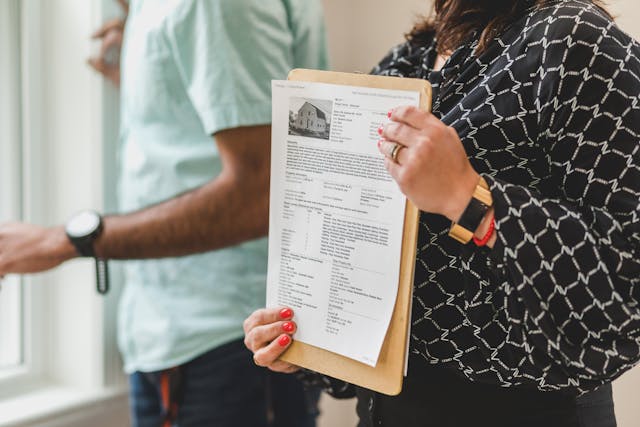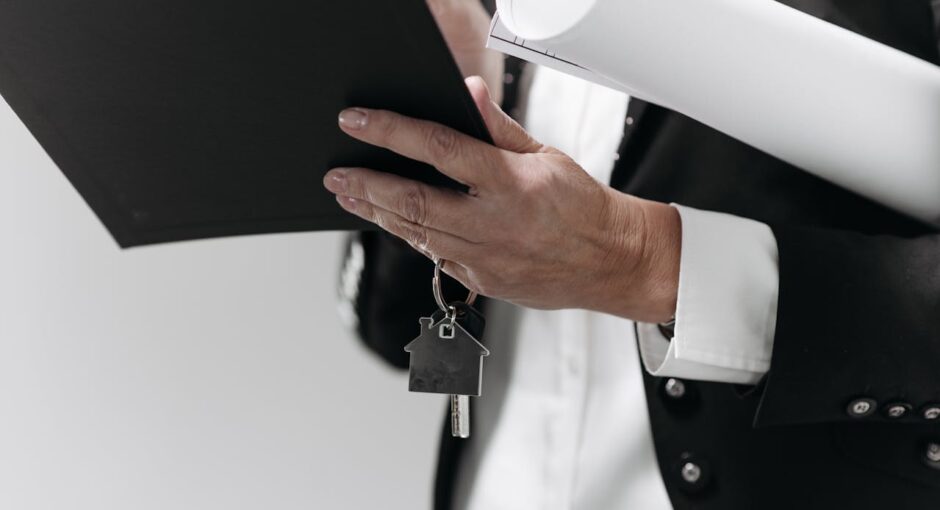Renting out your home for the first time?
You’re definitely not the only one thinking about it. Whether you’re moving, investing, or just testing the waters, letting out your place can be a smart way to make some extra money. But there’s a bit more to it than just handing over the keys.
With new rules popping up and fewer landlords jumping into the market this year, it’s a good idea to know what you’re getting into before you start. The good news? Once you’ve got the basics down, it’s a lot easier to stay on top of things.
Here are eight essential tips that every new landlord should know. Keep reading to get started.
Key Insights for First-Time Landlords
Here are the eight key insights for first-time landlords:
1. Understand Your Legal Responsibilities
Before you list your property, make sure you understand your legal obligations as a landlord. These include:
- Ensuring the property meets health and safety standards
- Providing tenants with a valid Energy Performance Certificate (EPC)
- Scheduling annual gas safety checks
- Making sure electrical installations are safe and documented
If you do not comply with these rules, you could face fines or legal action. These responsibilities are not just tick-box tasks—they set the foundation for a safe, legal tenancy.
If you feel unsure about compliance, consider seeking help from a property management service that can guide you through regulations and ensure everything is properly documented from day one.
2. Get Your Property Ready to Rent
To lease your home, first ensure it is ready for tenants. Start by making necessary fixes and cleaning thoroughly. Repair any plumbing or electrical problems, and remove any hazards. Don’t forget about the outside; how your property looks from the street is vital. A well-maintained property attracts reliable tenants and can help you get a good rental price.
Keeping your property in good condition is essential for attracting reliable tenants and achieving good rental prices. Recent data from the Office for National Statistics reported that UK private rents increased by 6.7% in the year leading up to June 2025, reaching £1,344. This demonstrates the financial advantages of having an appealing property in a competitive rental market.

3. Set a Fair and Competitive Rent
Setting the right rent is a crucial decision for new landlords. If you set it too high, you might scare away potential renters. If you set it too low, you could lose out on making the most money.
Start by looking at the local rental market. Check similar properties nearby, considering their size, location, and condition. A fair and competitive price will help you attract good tenants and rent the property quickly.
4. Consider a Guaranteed Rent Scheme
Letting a property for the first time means dealing with contracts, tenants, repairs – and the very real risk of your property sitting empty. Guaranteed rent schemes offer peace of mind by covering rental income even during void periods.
A spokesperson from City Borough Housing in London advised:
“New landlords often underestimate just how much time and energy it takes to manage a property. Management companies offering guaranteed rent can take that pressure off especially if you’re balancing other responsibilities or live outside the city.”
The help you get can make your rental experience easy or difficult.
5. Screen Potential Tenants Carefully
When leasing your home, choosing the right tenant is critical. Screening tenants helps protect your property and ensures you get your rental payments. Start by checking their references, like previous landlords, and do a credit check to see if they can pay rent on time.
Meeting tenants in person is a smart way to judge their reliability and if they are a good fit. Remember, a good tenant makes renting easier, while a bad one can create issues and financial problems.
If you’re looking to screen your potential tenants, take a look at this detailed guide with helpful tips.
6. Use a Property Management Company
If you’re new to renting out property, hire a property management company. These firms handle everything, like the following:
- Advertising your property
- Dealing with tenant issues
- Organising maintenance
While this costs you extra, it can save you time and reduce stress, especially if you live far away from your rental or have other responsibilities.
When choosing a property management company, review their services and charges to make sure they suit your requirements.
If you want to have trust in your property management company, you can simply look at this guide where you can get some valuable insights.

7. Plan for Maintenance and Repairs
Every landlord has ongoing maintenance responsibilities. You must handle regular fixes and urgent issues to keep your property in good shape. One way to prepare is to set aside part of your rental income for future maintenance. Also, make it easy for tenants to report problems so you can repair them instantly and effectively.
8. Know Your Tax Responsibilities
As a property owner, it’s essential to understand the tax rules for rental income. Rental earnings are taxable, so you need to monitor your income and expenditures throughout the year.
You can lower your taxable income with deductions, such as the property allowance and costs for repairs and maintenance. It’s smart to talk to a tax advisor to ensure you meet your tax obligations and make the most of your deductions.
Conclusion
Renting out your home for the first time can be a great way to earn additional money. However, it’s important to understand your responsibilities and the legal requirements. With the proper knowledge, you can easily tackle challenges and make the most of this opportunity.
By following these methods, you will be better prepared to manage your rental property effectively. If you have any doubts, don’t hesitate to reach out to experts who can offer helpful advice throughout the process.
Start your journey as a landlord today, making sure you feel ready and confident.






